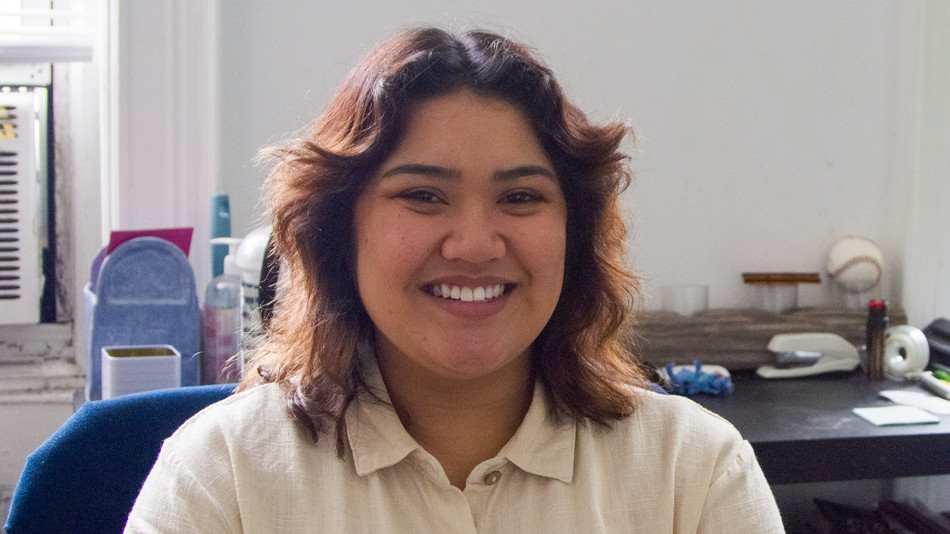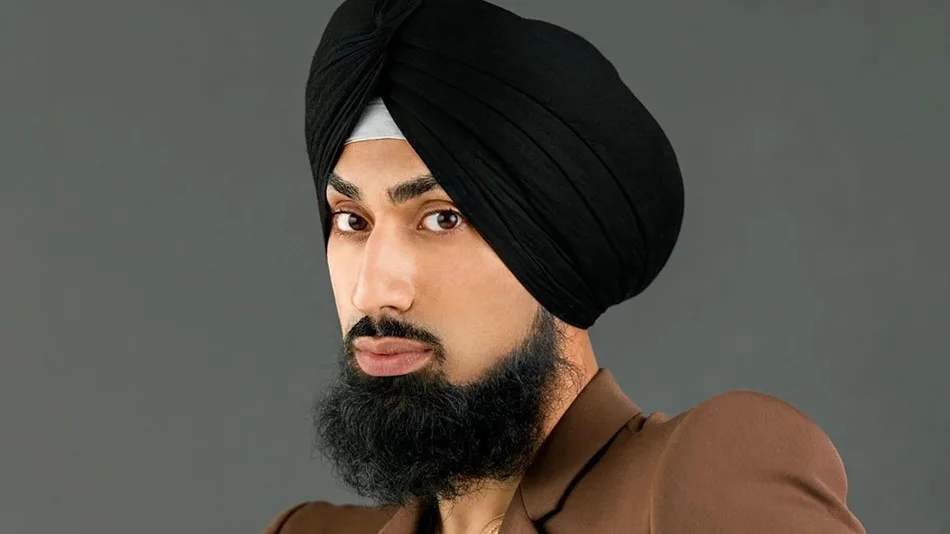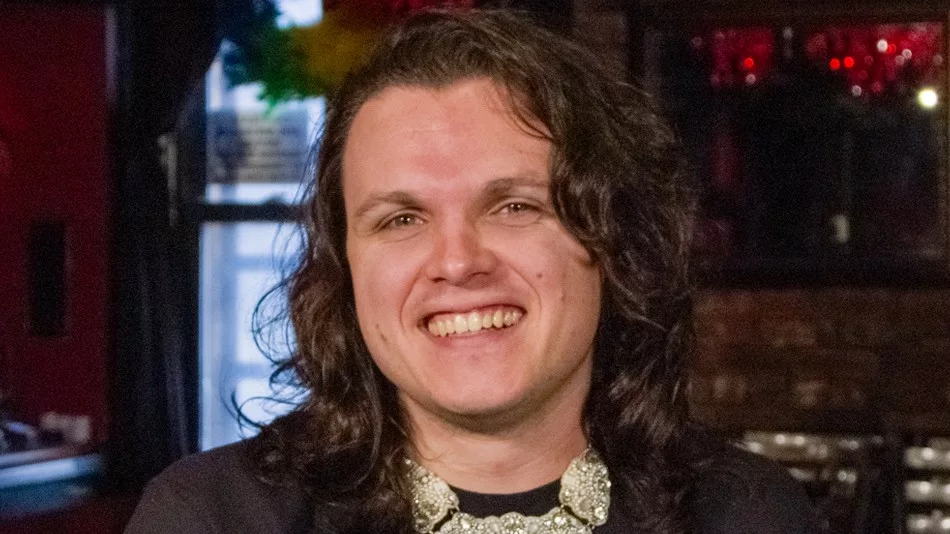Hi, I’m Michelle from Austin, Texas.
I was here in Austin and applying for the Air Force Academy and West Point, the US Military Academy and was submitting my documentation to the registrar’s office who rejected it, returned it to me, looked me in the eyes and said, “The race question…”
And so I said, “No, that’s… that’s right… I selected Black.”
And she said, “The race question…” And so I understood at that moment that she did not see me as an African-American.
So I stopped and said, “Yes, this is… this is accurate. I’m African-American. I identify as Black.”
And she paused and said, “Oh, like Mariah Carey.” I experienced many of these moments growing up not fitting into one category or the other, raised by a black mom, white father.
Six years later when I was at UT after serving in the Air Force, I was in a sociology class where my professor was an anthropologist from Brazil and he was expressing that in Brazil, there are 114 different words for being mixed.
I didn’t identify as mixed growing up because I grew up in a world where you were… you were black or you were not. The One Drop culture existed long before me… the census bureau didn’t even update their documents until the 90s. But this professor took one look at me and pointed me out and said, “Well, so you… you’re black, you have blue eyes, you have freckles, you have curls. You would be called this word.”
Half of the class were student athletes and a bunch of guys in the back said, “Oh, we knew it!” And, you know, it was another indicator that in… in some spaces, you’re seen in some spaces you’re seen how you actually define yourself or believe yourself to be. And in some places and spaces, that… that assumption is made and carried.
I had been happily married to a man for seven years when I was in the Air Force. Really the most wonderful relationship. And during the course of that relationship, I started having early indicators and feelings and queerness. At the point of sort of going through this experience, I decided to take time and sit back and really assess my identity.
At that time, I decided that I felt I was gay or lesbian and wanted to sort of see… see what that looked like. When we split up, we were still in love with each other and, you know, he… he was so supportive of me figuring out what was next for me.
I came out at 25 as lesbian and entered a relationship with a woman who I was with for 12 years. During that time I joined a lot of gay organizations. I, again, encountered some of the same microaggressions of where I stood in the in-between. Knowing that I was partnered with a woman, but had a, you know, history with being partnered with men and I just didn’t fit into either box.
I had a work experience where I had just had a work holiday party and brought my partner as my date, and at work the following Monday, this woman approached me in my cubicle, like kind of cornered me in and said, “I heard that you brought a woman to the work party.”
And I said, “Yeah, my partner.”
And this woman took one look at me and said, “But you wear high heels and dresses to work everyday. How can you be gay?”
You know, I kind of explained to her, “You know, orientation really has nothing to do with… with appearance and, you know, your gender construct and your identity.” So the conversation just really didn’t pick up as far as making a dent or an impact. And so to end the conversation, I, as she was leaving, I said, well, you know, “I’m also, African-American.”
I experienced so much of these blended versions of duality with… with my orientation, with not fitting a box, with my race and ethnicity, with never fitting into either club that I… I needed a lot of introspection to process who I am, who I want to move forward in life as.
So ending a long, twelve-year relationship, I decided to commit a good amount of time to myself. So I was single for about, let’s see, for about six months and then COVID hit. So I had plenty of time to be single doing some introspection. It was in those moments that I realized that I am who I am and that, while I don’t kind of break my friends and family and community down to the basics of their orientation or gender or the areas in life that they commit themselves to, I’ve perpetually been doing that. And for me, realizing that each day I get to define who I am, that I’m queer, that I’m African-American, I’m a woman, I’m strong, I’m a veteran. These are the things that define me. And it took a long time for that eye-opener. But at the end of the day, realizing and sitting back and deciding that I get to be exactly who I am and I get to determine that, is what I had been looking for all along.
About a year and a half after becoming single, I met someone online and it was a man and it was a little bit hard for me to process, kind of, stepping into this realm. One of the very first conversations we ever had, which was not in person, I expressed that I identify as queer. My last relationship was very long and was with a woman, and that I’m African-American. So we ended up finally getting to meet and are seeing one another and are very happy.
But it took a very long time to decide that the… the decision part should be coming from myself, not the universe telling me A, B, C, or D. The idea that I’ve done that to myself all of these years and that it took having some stillness and having the ability to look inside myself and realize what brings me joy in life has come from all different kinds of beings. We sort of fundamentally believe that you’re one or the other and that is just not the case in all of these realms.
And so taking that… that year and a half to just myself and to just be myself and breathe a little bit, gave me the luxury of deciding that I am queer. I’m African-American. I’m very happy in my own skin. I love who I love. I love the people I’m around and I… I decide to proceed through life being just me.








Share